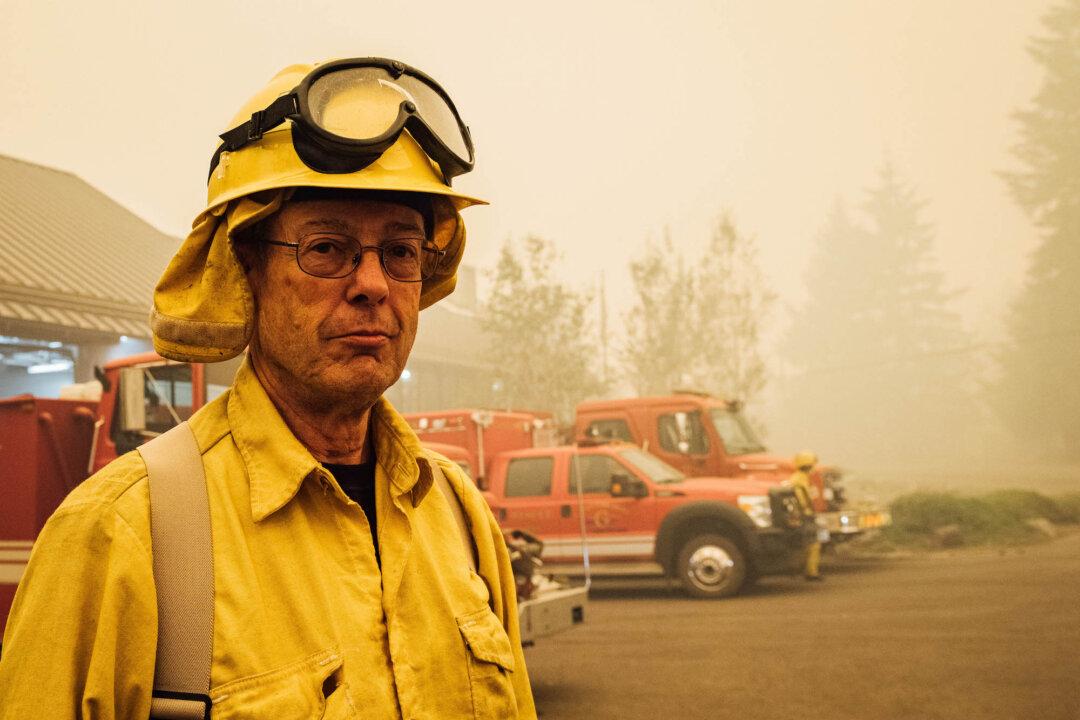“We make a living by what we get,” Winston Churchill once said, “but we make a life by what we give.”
Unless we are fabulously wealthy or living in a monastery, we men are interested in making a living. As I wrote earlier, work has a special meaning for men, and part of that meaning has to do with making an income. At the least, we want to earn enough money to supply our needs and the needs of those depending on us.






